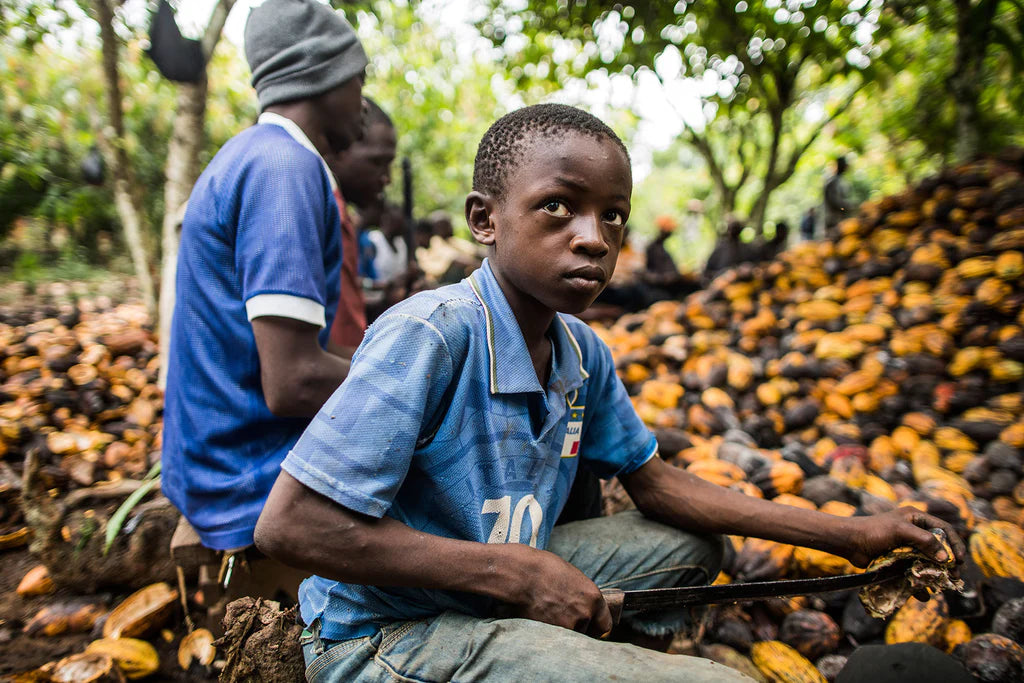Efforts have been made to address the issue of forced labor and child labor in cocoa production, but it is a complex and ongoing challenge. While there have been some improvements, the cocoa supply chain still faces significant issues related to labor exploitation.
Several initiatives and certification programs have been established to promote ethical practices and combat labor abuses in the cocoa industry. For example, the International Cocoa Initiative (ICI) works to address child labor in cocoa-growing communities through awareness-raising, capacity building, and monitoring efforts. Certification programs like Fairtrade, Rainforest Alliance, and UTZ Certified have set standards for fair labor practices and sustainable farming methods in the cocoa sector.
However, despite these initiatives, progress has been slow, and the problem of child labor and forced labor persists in some areas. The complex and fragmented nature of the cocoa supply chain, with numerous intermediaries involved, makes it challenging to effectively monitor and enforce labor standards throughout the entire process.
Additionally, poverty, lack of education, and limited alternative livelihood options continue to contribute to the vulnerability of cocoa-producing communities, making them susceptible to labor exploitation. Addressing these underlying issues requires a comprehensive approach that involves governments, cocoa industry stakeholders, civil society organizations, and consumers.
Overall, while efforts have been made to combat the cocoa slave trade and improve labor conditions, there is still work to be done to ensure that all cocoa production is free from labor exploitation and respects the rights and dignity of workers.

